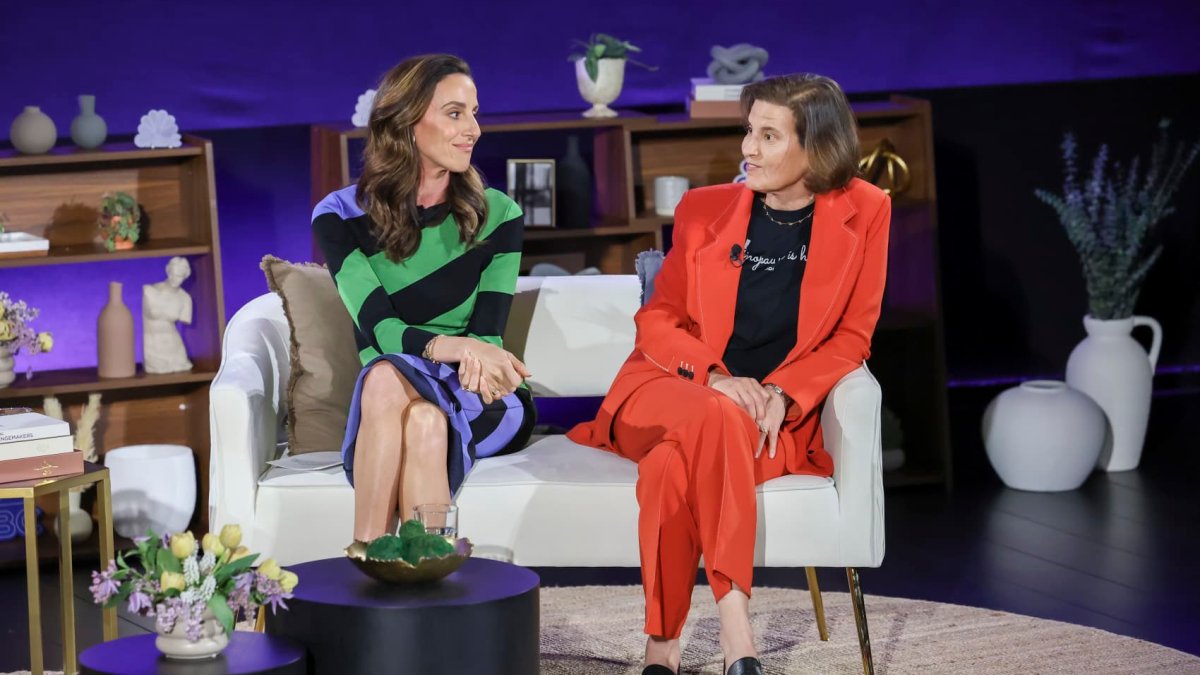Kennedy's Renewed Claims on Measles Vaccine Spark Controversy Amidst Nationwide Outbreak
The United States is facing a concerning resurgence of measles, marking one of the most significant outbreaks in the past 25 years. Amidst this public health crisis, Robert F. Kennedy Jr., a prominent voice in health advocacy, has reignited controversy by repeating unsubstantiated claims regarding the presence of 'fetal debris' in measles vaccines. These assertions, widely debunked by the scientific community, are drawing sharp criticism from public health officials and researchers who urge a renewed emphasis on vaccination as the most effective preventative measure.
The Measles Outbreak: A Growing Threat
Measles, a highly contagious viral disease, was declared eradicated in the U.S. in 2000 thanks to widespread vaccination efforts. However, declining vaccination rates in recent years, fueled by misinformation and vaccine hesitancy, have created a fertile ground for the disease's return. Experts warn that the U.S. is nearing a tipping point, potentially leading to endemic measles – a continuous presence of the disease within the population. The current outbreak, affecting communities across the nation, underscores the urgent need for increased vaccination coverage.
Kennedy's Claims and the Scientific Response
Robert F. Kennedy Jr.'s recurring claims about 'fetal debris' in measles vaccines stem from historical practices in vaccine development, specifically the use of fetal cell lines grown in laboratories. These cell lines are derived from aborted human fetuses decades ago and are now used to cultivate viruses for vaccine production. It's crucial to understand that the vaccines do not contain fetal tissue. The cell lines are used as a growth medium, and the final product undergoes rigorous purification processes to eliminate any traces of the original cells.
The scientific consensus is overwhelmingly clear: these claims are misleading and inaccurate. Leading health organizations, including the Centers for Disease Control and Prevention (CDC) and the World Health Organization (WHO), have repeatedly refuted these allegations, emphasizing the safety and efficacy of measles vaccines. The extremely small risk of adverse reactions from vaccines pales in comparison to the severe complications and potential mortality associated with measles itself.
The Call for Urgent Action
Public health officials are expressing deep concern over Kennedy's continued dissemination of misinformation, arguing that it undermines public trust in vaccines and exacerbates the current outbreak. They emphasize the vital role that trusted voices, including government officials, play in promoting vaccination and dispelling myths. A strong endorsement of vaccines from credible sources is seen as essential to counter the spread of misinformation and encourage individuals to protect themselves and their communities through immunization.
Protecting Public Health: The Importance of Vaccination
Measles is a serious disease that can lead to pneumonia, encephalitis (brain swelling), and even death. Vaccination remains the most effective way to prevent measles and protect vulnerable populations, including infants too young to be vaccinated and individuals with compromised immune systems. Accurate information and proactive public health communication are critical to ensuring that everyone has access to the facts and can make informed decisions about their health.






